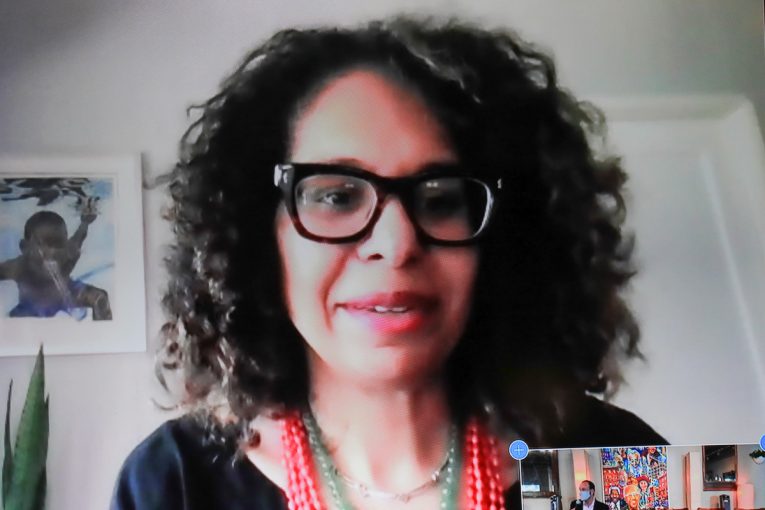

By Sydney Kaplan and Genesis Guzman
SACRAMENTO, CA – The Justice For Survivors Act, authored by Sen. Sydney Kamlager of Los Angeles, is said to reduce violence by offering lesser and alternative punishments to victims of past trauma.
This act is one of three major criminal justice reform bills authored by Kamlager. They are now heading toward Senate Appropriations.
A 2019 CDC study stated that adverse childhood experiences can cause a toxic level of stress in children that adversely affects areas of the brain that regulate attention, impulsive behavior, decision-making, learning, emotion, and response to stress.
Older individuals are susceptible to toxic stress resulting from trauma as well.
This bill (AB 124) would take an individual’s age, history of trauma, human trafficking history, intimate partner or sexual violence victimization into account.
Critics of this bill argue that a decrease in punishment for violent crime may lead to an increase in recidivism rates and crime overall.
However, a 2002 study entitled The effects of punishment on recidivism, conducted by Public Safety Canada found that harsher punishment had no deterrent on violent crime and actually led to an increase in recidivism rates of about three percent.
The exact numbers surrounding the effect of harsher punishment on recidivism rates tended to vary slightly place by place, however, many have drawn similar conclusions.
This logic has been supported by victims of domestic violence and childhood trauma.
Adrianna Griffith shared her support for the bill in an opinion piece posted by Capitol Weekly entitled Reduce violence through healing and compassion.
Griffin was one of the many victims of the justice system profiling victims as offenders instead of providing appropriate help. She was arrested with her boyfriend and was charged as an accomplice of assault and pimping, she was sentenced to five years in state prison.
Adrianna Griffin grew up in a violent household, as a young child the police raided her home and she was a first-hand witness to weapon violence used against her. Growing up she began acting out in violent outbursts and at age 19 she went through the difficult decision of having an abortion.
The abortion led to deep depression and abusing substances as a coping method. As a result, her addiction placed her in frequent dangerous situations and by the age of 21 she had been sexually assaulted and exploited multiple times.
Her mental health was deteriorating, and it worsened when she became involved in a toxic relationship with her boyfriend, who was controlling, manipulative, and physically violent. Griffin became suicidal and deeply mentally ill.
After a few months into their relationship they were both arrested. Griffin’s mental and physical health along with the safety of her family was overlooked despite the dangerous gang affiliations that were a part of her case.
Her mental health was severely disregarded during her incarceration, although she was diagnosed with depression and anxiety she was only provided with one visit to a therapist in her entire jail time. What also worsened her already depleting mental health was being placed in solitary confinement for weeks at a time.
After being released she came to understand how the trauma she experienced helped in forming the decisions she made in her life. People who experienced violence earlier one where more likely to commit violence themselves and the risk of violence from trauma is easier to be fixed if addressed earlier on.
Adrianna Griffin is one of the many people that are a part of the Justice for Survivor Act coalition, fighting the justice system’s need to reform how it handles cases whose offenders are victims themselves of past life altering traumas.
“Our criminal courts system was designed by the patriarchy and it shows in how women are sentenced and punished,” added Sen. Kamlager. “AB 124 passing out of committee today brings us closer to acknowledging the role sexual abuse plays in criminal behavior and ending the abuse-to-prison pipeline.”

